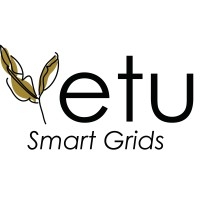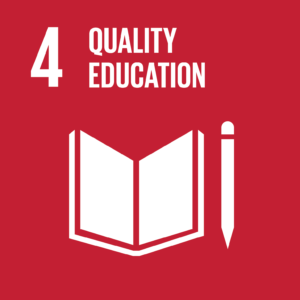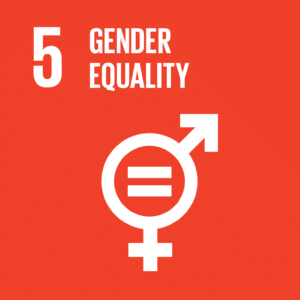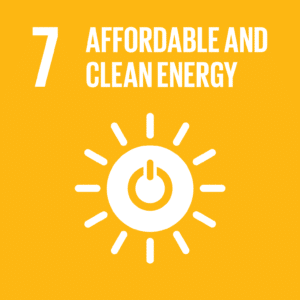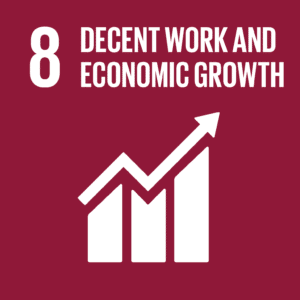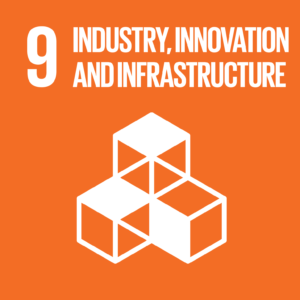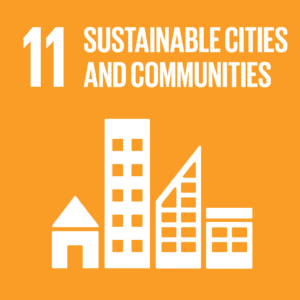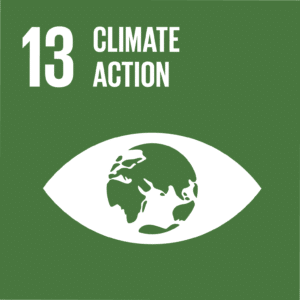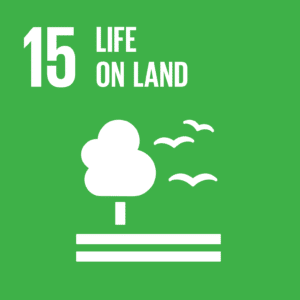Sustainable, reliable, and affordable energy through smart hydropower

Strengthening economic development and local communities in the Sud-Ubangi province in Congo
Only 19% of the 102 million people in the Democratic Republic of Congo have access to electricity, with 41% in urban areas and 1% in rural areas. In the Sud-Ubangi province, 97% of the population lacks access to electricity, and residents rely on polluting fossil energy sources such as biomass (wood, charcoal), kerosene lamps, or diesel for their energy needs. This dependence on fossil energy sources has serious consequences.
The use of traditional biomass fuels contributes to deforestation, leading to environmental damage and the loss of valuable ecosystems. Many households and activities heavily rely on energy-intensive sources such as diesel generators and biomass, which have negative effects on health, ecosystems, and contribute to climate change.
The lack of access to electricity hampers economic activities and overall quality of life. The absence of reliable and affordable energy sources hinders businesses, limiting economic growth and regional development. Moreover, healthcare and educational services are severely affected by the lack of access to electricity, adversely impacting social and economic progress.
Development of a hydroelectric power plant and a smart electricity grid
A 1,500-kilowatt (1.5 MW) hydroelectric power plant is being developed to provide clean, reliable, and affordable energy to the populations of the cities of Akula and Dongo-Kuma in the Sud-Ubangi province.
To ensure efficient distribution of energy, a smart electricity grid is being established, delivering electricity directly to end-users according to the ABC model. In this model, so-called A-customers (Miluna Plantation, industrial zone, and the cities of Dongo-Kuma and Akula) use between 40% and 60% of the available electricity, ensuring the economic viability of the project. The remaining electricity is distributed to hundreds of small businesses (such as local schools and hospitals) and thousands of households.
The use of renewable energy will be promoted among the local population, while simultaneously boosting the local economy. Marketing campaigns will be launched to encourage people to refrain from using firewood, diesel, or kerosene for their energy needs. Businesses will participate in an incubation programme aimed at developing sustainable business models based on the use of renewable, reliable, and affordable energy. These businesses will mainly be established by female or young entrepreneurs.
The smart electricity grid will stimulate the economic development of the region and will reach 5,000 households, 175 businesses, 4 hospitals, and 20 schools. The network aims for a 95% uptime and to avoid 10,684 tons of CO2 emissions per year.
The marketing campaigns will reach 10,000 people. At least 15 businesses will participate in the incubation programme annually.
Would you like to know more about this project?


